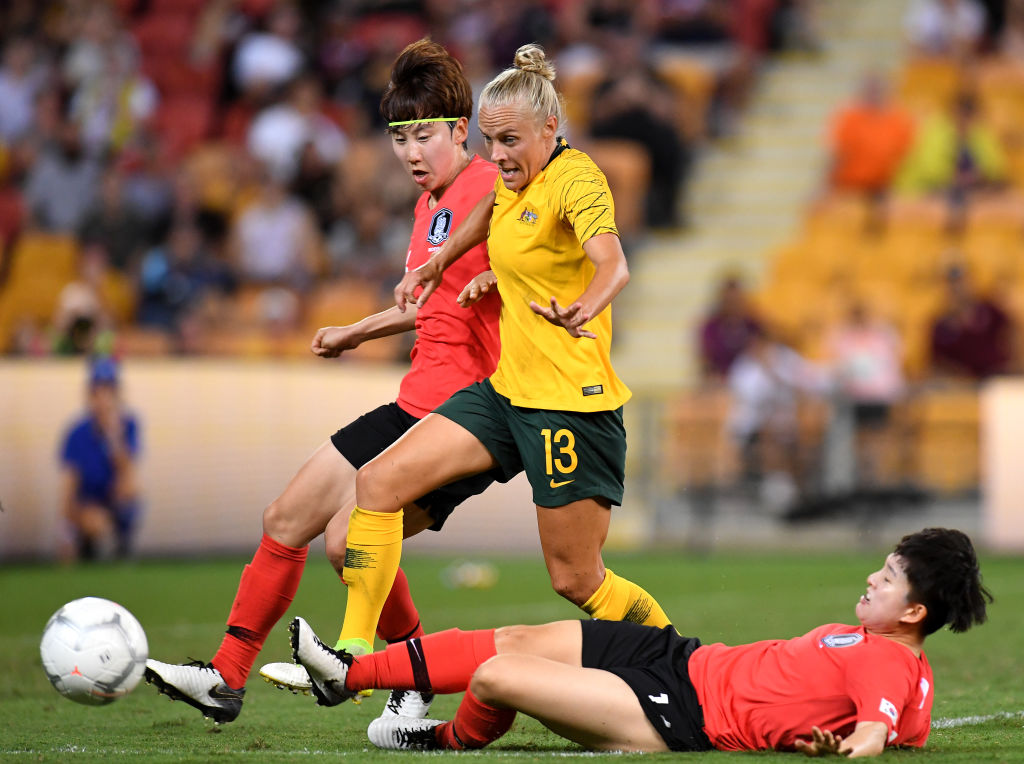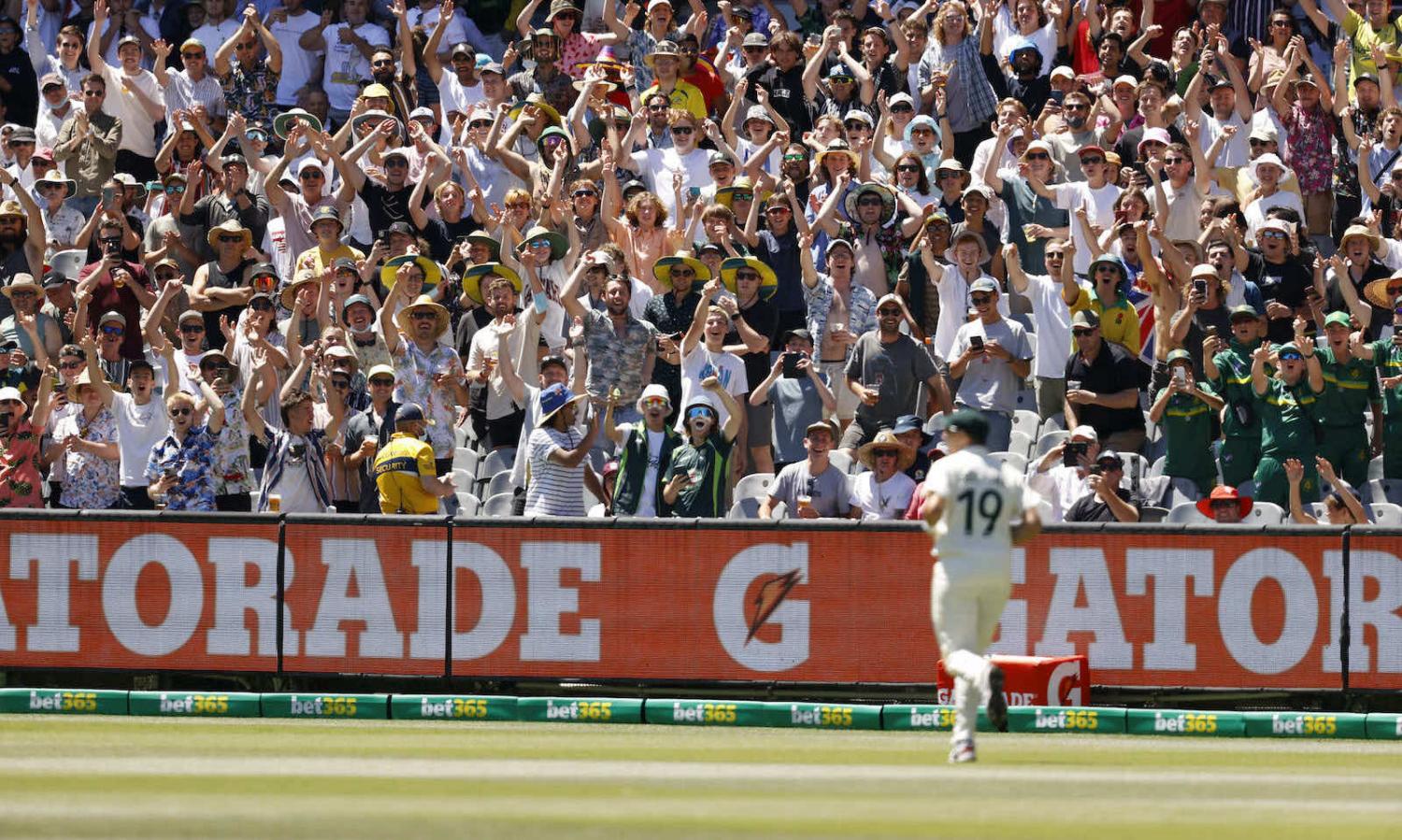As I kept the vaguest of eyes on the men’s cricket over the summer, Michael Wesley’s observation about sport and Australia’s national character kept rumbling around in the back of my head.
“Contests against imperial cousins,” Wesley wrote in a recent essay, had taken on “an almost sacred significance”. He was referring to the Ashes, as the series Australia plays against England is known, and the way this cricketing contest with the old colonial master continues to be treated with special cultural reverence.
But as the one-sided result of the latest tests showed, Australia dominating 4-0, the quality of these games has for a long time failed to live up to the billing. (The women’s series now underway might hold more interest.)
Wesley, a veteran foreign policy observer and academic, was writing about Australia’s place in Asia – his implicit question to ask why Australia still venerates a game against England at a time when the future of the country will be defined by the near neighbourhood?
Why not India, for example? Why hasn’t a victory over India, especially after a far more compelling series played last year in Australia, taken hold in the national psyche as the most sought-after bragging rights?
Maybe it’s just that the intangible ingredients of a friendly rivalry need time to develop.
Lowy’s Michael Fullilove touched on the opportunity in a lecture last month for India’s Ministry of External Affairs, recalling the “stroke of genius” during Narendra Modi’s 2014 visit to Australia to hold a state dinner at the “temple for cricket”, the MCG in Melbourne.
Yes, cricket is cliché, one of the “three Cs” along with curry and Commonwealth to have long defined Australia-India ties, a relationship which has proved historically underwhelming. But another C is “connection”, and the game’s biggest marketplace offers plenty. About this time last year Ramesh Thakur wrote with hope in The Interpreter about a turning point after the India snatched a famous victory: “the series just concluded will do more to strengthen Australia-India bonds than any amount of public diplomacy by the two governments.”
But it wasn’t to be. Australia instead singled out people from India for a travel ban in May after the Delta variant of Covid-19 emerged, a move decried as prejudicial, and seemingly with lingering effects, if Anna Boucher and Elisa Choy’s warning about soured attitudes of Indian students towards Australia proves accurate.
Perhaps sport is not really a vehicle for fostering international relationships. Leave aside the Olympics for now and the diplomatic boycott of the winter games in Beijing, or earlier misgivings about Russia hosting the football World Cup, or the way Novak Djokovic’s vaccine and visa saga has transformed into judgements about Australia’s Covid policies.

Or maybe it’s just that the intangible ingredients of a friendly rivalry need time to develop. It was fascinating last year to read Leanne Jorari’s observations on “Olam-mania” in Papua New Guinea as kids follow the rugby league career of Justin Olam in the NRL and the chance, however distant, to one day see a PNG team join the competition.
Or in a different code, a 2005 Lowy Institute publication by Anthony Bubalo held out the prospect of a “popular dimension” to relations with the region developing after Australia joined the Asian Football Confederation.
I doubt even the most committed local soccer fans would argue interest in games in Asia have since displaced the behemoth leagues in Europe.
But this week, the Matildas take to the field in the 2022 AFC Women’s Asian Cup. The host? India. Australia’s first match? Against Indonesia.
Oh, and speaking of a “C” to consider, China will be there, too, taking on Taiwan … ahem … “Chinese Taipei” in an opening match.
Talk about a stage for fascinating regional dynamics. If you’re interested in Australia’s place in the region, take a chance to barrack.

